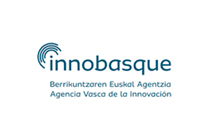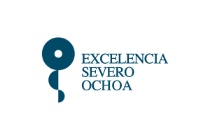 Past events: Yury Shtyrov. Brain signatures of online word acquisition: functional, structural and neuromodulatory evidence
Past events: Yury Shtyrov. Brain signatures of online word acquisition: functional, structural and neuromodulatory evidence
Yury Shtyrov. Brain signatures of online word acquisition: functional, structural and neuromodulatory evidence
What: Brain signatures of online word acquisition: functional, structural and neuromodulatory evidence.
Where: Zoom room 2
Who: Yury Shtyrov, Senior Scientist (PLT), Speech & Language Group, Head of MEG Laboratory, University of Cambridge, UK.
When: Thursday, December 9th at 1:30 PM.
Our routine use of the language function relies on a unique human skill to quickly and efficiently learn new words, building up huge lexicons of many thousands of words throughout our lifespans. Despite its clear importance, this vital ability to quickly and effectively learn words and their meanings is poorly understood. Conventional knowledge maintains that language learning—especially in adulthood—is slow and laborious. Furthermore, its neural bases brain remain unclear. Even though behavioural manifestations of learning are evident near-instantly (e.g., we can start using new words immediately after reading or hearing them), the bulk of previous neuroimaging work has largely studied slow neural changes associated with months or years of practice. To overcome this gap, we used a variety of neuroimaging tools, including EEG, MEG, MRI, TMS and tDCS, as well as bespoke learning paradigms to tackle rapid brain mechanisms underpinning different types of word acquisition. Our results show a network of cortical areas that take part in online word and morpheme acquisition, which exhibit immediate functional and structural plasticity. This plasticity depends on multiple factors, including phonology, semantic references, individual language experience, age etc. Distinct cortical mechanisms become involved depending on the type of learning and semantic and morphological content of novel words. Furthermore, these cortical learning systems can be modulated using neurostimulation tools, giving a promise of future ameliorative and educational technologies.









